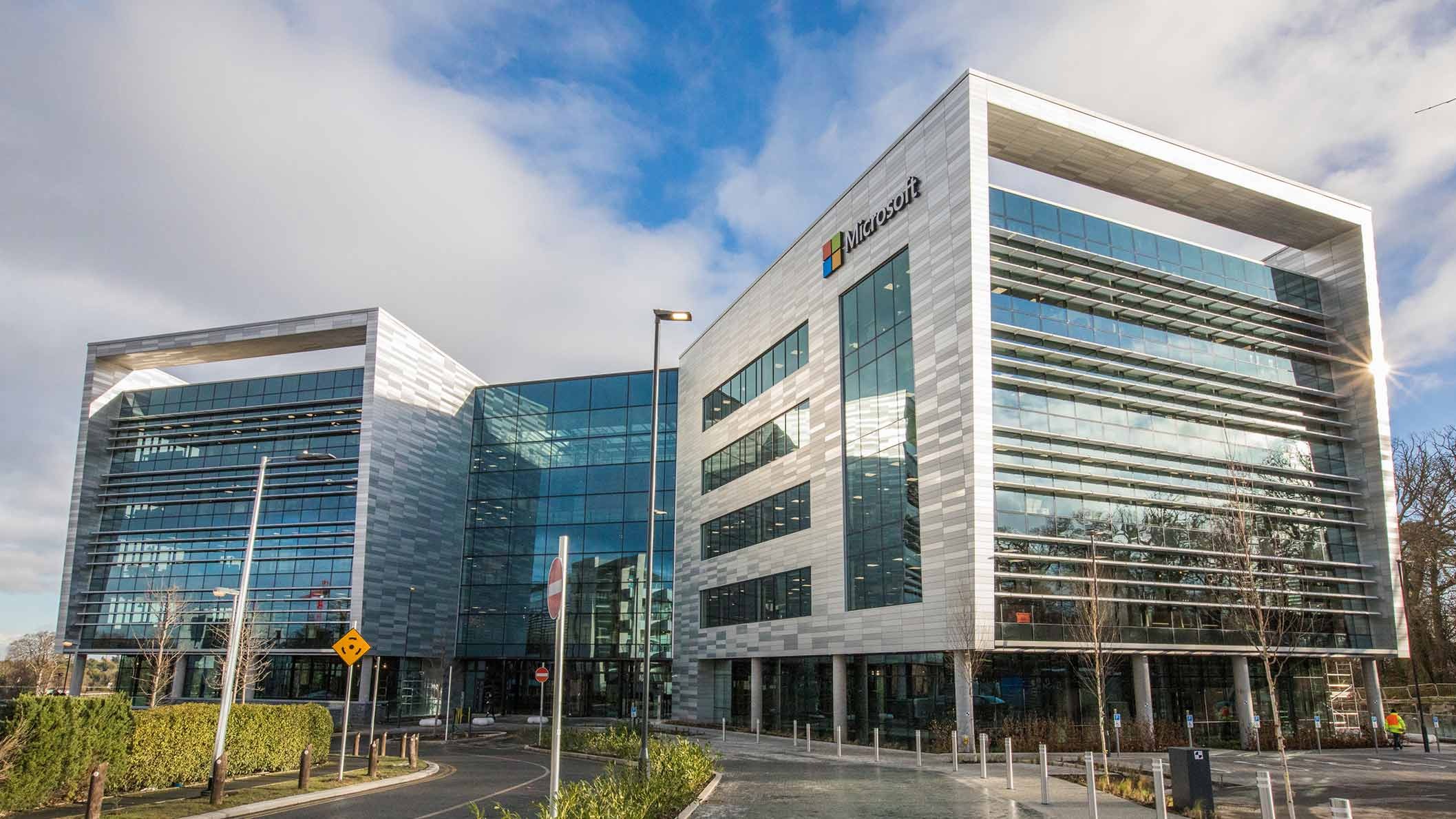The UK government has proposed a set of new rules in a move it says will ensure AI technology maintains a proper level of oversight.
The principles are part of a new government blueprint for AI aimed at driving responsible innovation and “maintaining “maintain public trust” in the technology.
The move could come as a blow to some experts who say that AI should come under the regulation of a specific authority, while champions of AI innovation will be pleased with the government’s less formal approach.
“Avoiding giving responsibility for AI governance to a single regulator means businesses can really push for innovation and take a better approach – enabling the sector to develop at pace with fair checks and balances - which will also maintain public trust,” said Andreas Rindler, managing director of private equity at Boston Consulting Group (BCG), commenting on the announcement.
The principles include ensuring that AI functions in a safe, secure and robust way and that any potential risks are carefully managed.
Those deploying AI technology are also being advised to be in a position to explain AI systems’ decision-making processes in an “appropriate level of detail” in line with any potential risks posed by the use of the AI in question.
The fairness and compliance of AI, including not discriminating against individuals or creating unfair commercial outcomes within the scope of existing UK laws, is a further dictate of the blueprint.
“Artificial intelligence is no longer the stuff of science fiction, and the pace of AI development is staggering, so we need to have rules to make sure it is developed safely,” said Science, Innovation and Technology Secretary Michelle Donelan. “Our new approach is based on strong principles so that people can trust businesses to unleash this technology of tomorrow.”
According to the government, the UK’s AI industry employs over 50,000 people and contributed £3.7 billion to the economy last year.
News of the blueprint follows Tech Nation’s final market report, which projected that the UK’s tech sector could reach a £4 trillion valuation by 2032 “with the right support”.
Latest News
-
Microsoft Japan raided in cloud competition probe
-
AI-fueled cyber attacks on the rise, warns IBM
-
ByteDance’s Doubao tops Lunar New Year AI race
-
Doug Gurr to become permanent CMA chair following interim spell
-
Amazon to invest $12bn in Louisiana data centre
-
AI cyber attacks grow by nearly 100 per cent in 2025, shows new research
The future-ready CFO: Driving strategic growth and innovation
This National Technology News webinar sponsored by Sage will explore how CFOs can leverage their unique blend of financial acumen, technological savvy, and strategic mindset to foster cross-functional collaboration and shape overall company direction. Attendees will gain insights into breaking down operational silos, aligning goals across departments like IT, operations, HR, and marketing, and utilising technology to enable real-time data sharing and visibility.
The corporate roadmap to payment excellence: Keeping pace with emerging trends to maximise growth opportunities
In today's rapidly evolving finance and accounting landscape, one of the biggest challenges organisations face is attracting and retaining top talent. As automation and AI revolutionise the profession, finance teams require new skillsets centred on analysis, collaboration, and strategic thinking to drive sustainable competitive advantage.
© 2019 Perspective Publishing Privacy & Cookies










Recent Stories